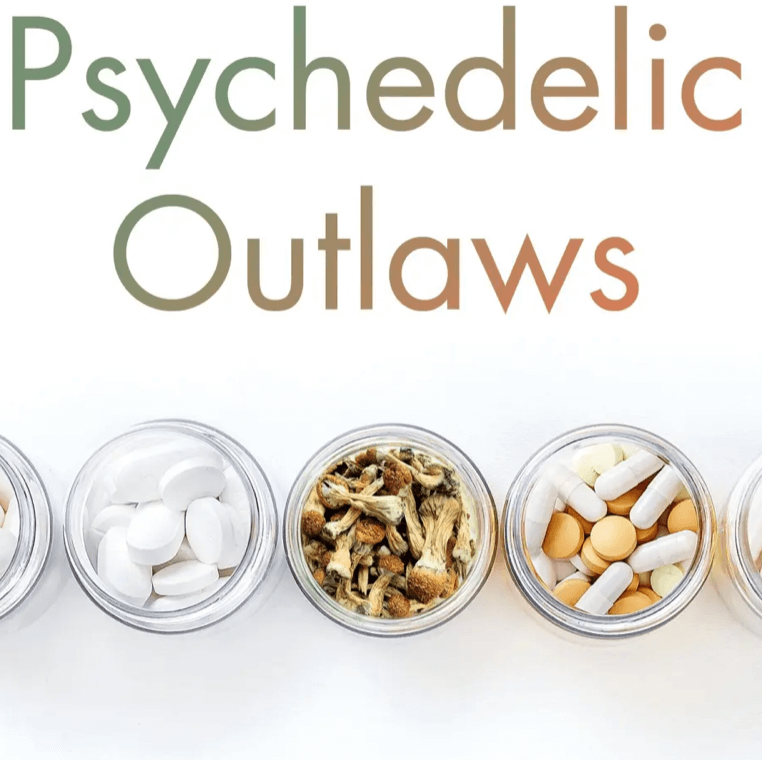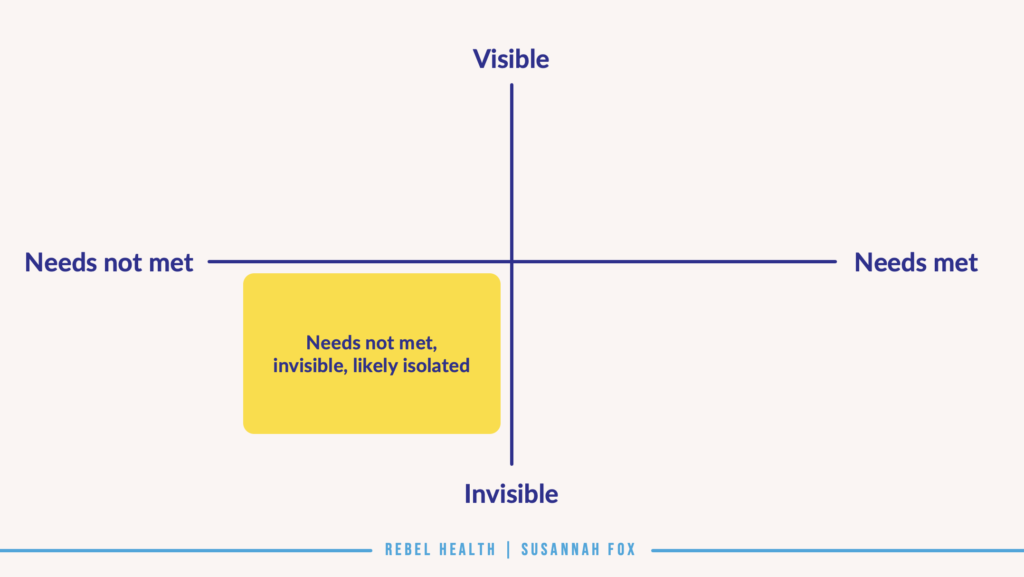
Imagine the nerves behind one of your eyes suddenly bursting into flames of pain, relentlessly burning for hours. The pain recedes, then roars back, day after day. You try to describe what is happening inside your head to your family, your clinicians, even yourself, but words fall short. It is the worst pain a human can endure.
If you lived in the pre-colonial regions we now call the American West and Mexico, you would have been treated with peyote. But if you lived in the U.S. or Europe in the late 20th century, you would have been told there was no good treatment for “cluster headache,” the name given this neurological firestorm.
Enter Clusterbusters, an underground, patient-led community that rejected the status quo, demanded access to treatments, came up with their own when they had to, and fought for recognition from mainstream institutions so that everyone could benefit, not just the brave and lucky few who stumbled into their online community.
Joanna Kempner’s book, Psychedelic Outlaws: The Movement Revolutionizing Modern Medicine, is a thrilling chronicle of how citizen-scientists triumphed despite the forces lined up against them. It was my favorite book of 2024.
As I read it, I thought about how Clusterbusters fit into the patient-led revolution. People suffering from what they are told is a rare form of headache feel isolated, alone, and their needs are not being met by our health care systems. They are deep in the lower-left quadrant of the Rebel Health matrix:

Seekers (people who go on the hunt for information and do not give up) start fanning out across the internet, reading articles, following links, and learning as much as they can about treatments for pain.
Networkers (people who pool resources in community) set up online forums and begin sharing what they and Seekers find. Daren “DJ” Johnson, founder of clusterheadaches.com, and Bob Wold, founder of Clusterbusters, are two Networker heroes of this story.
Solvers (people who attack problems, often using skills learned in other parts of their life) begin personal science experiments with LSD and psilocybin. They find that psychedelics work to interrupt a cluster headache and prevent further episodes. Craig “Flash” Adams is featured as a vocal self-experimenter.
Clusterbusters pulled themselves over to the lower-right quadrant, where needs are being met, but only for those part of the underground network. They are still invisible to most clinicians, scientists, policymakers — and fellow sufferers.
Champions (people with access to mainstream resources who can fast-track innovations) such as sympathetic clinicians, adventurous philanthropists, and clever academic researchers help the patient-led team conduct increasingly scientifically-rigorous studies and gain recognition for their work. Yale’s Dr. Emmanuelle Schindler, for example, saw herself as a translator between the Clusterbusters and both academic research institutions and the FDA.
At this point we are edging toward the top-right quadrant, where people’s needs are visible, recognized, and treatments are available to them.
Kempner closes her book with advice for other rebels of health care: “Start small. Listen. Create an environment where it’s okay for someone to share their vulnerabilities. Pain isolates, but knowing you are not alone can make all the difference.”
When I posted this essay on LinkedIn, Kempner wrote the following comment, which is so insightful that I need to add it here: “I’ll add: the secret to launching a powerful DIY movement? Access to an experimental medicine or technology. In many ways, the best thing about magic mushrooms is that people can cultivate them in their closets. Prescription drugs are much, much harder to access.”
Indeed, I’ve thought about ways to expand the matrix to include other challenges/opportunities. Axes that capture “treatment/data/device is readily available <-> not” is a good one. David Fajgenbaum, MD, MBA, MSc and others are working on ways to expose how already-approved drugs can be repurposed for rare conditions, for example. But you do need a prescriber to get access, even if the treatment works. Community-led data registries like those created by Global Genes-affiliated groups or the Patient-Led Research Collaborative solve the “data does not exist yet” problem, as do the personal scientists that Kempner writes about in her book.
Where have you seen examples of underground networks of Seekers, Networkers, and Solvers? How might we help them scale their innovations?
Leave a Reply